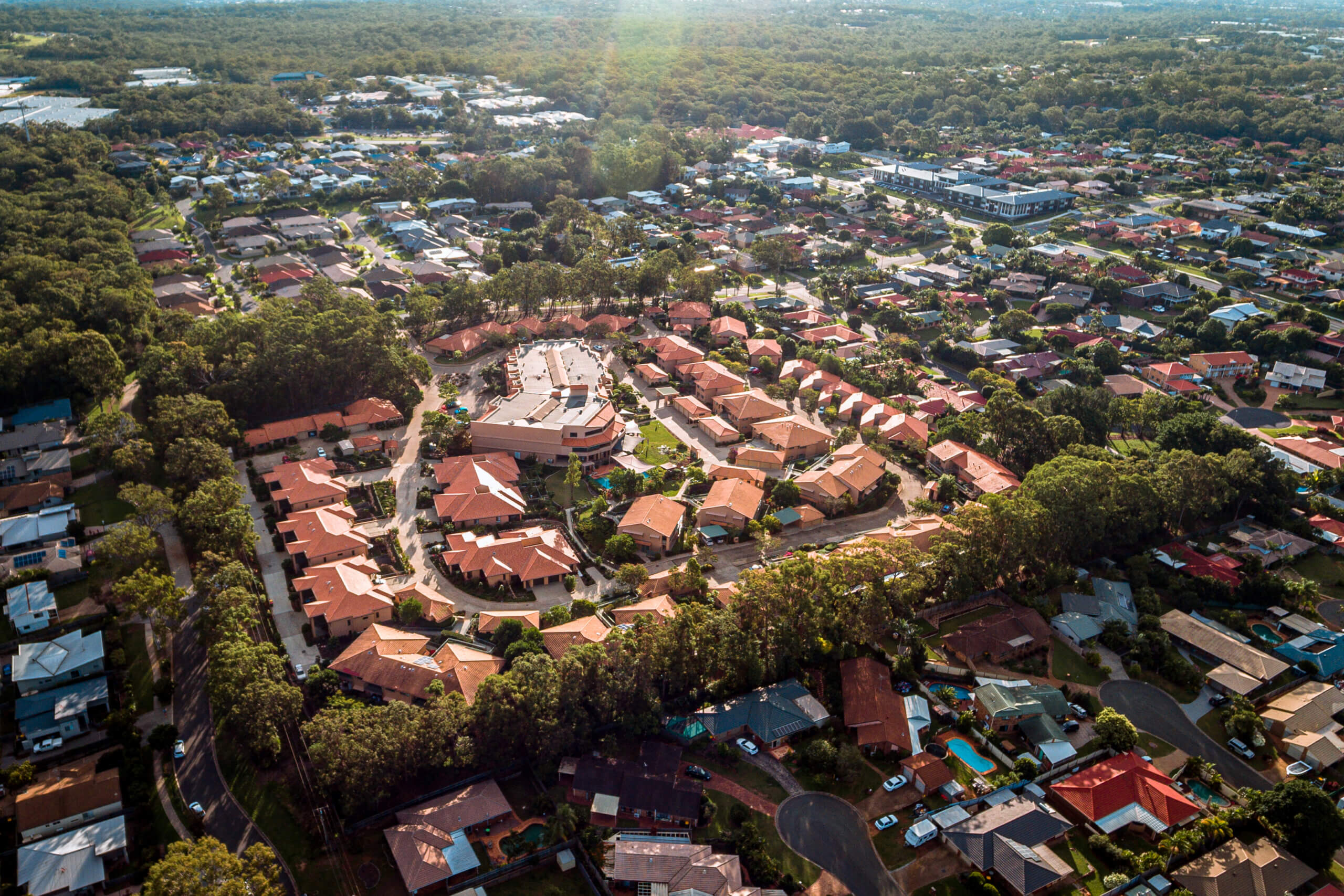Many industries have been greatly impacted due to the COVID-19 pandemic, this includes real estate. It is understandably a stressful time for people, with inspections changed to adhere to the government’s isolation and social distancing measures, and a fair few landlords and tenants facing financial hardship. How the property market performs as we move to the other side of COVID-19 is I’m sure at top of mind for a lot of property owners and investors,.
Depending on what you read, some economists believe we could see an 11 percent decline in property values across Australia. However, some have more of a bullish scenario and there are predictions of almost a 32 percent decline in house prices. There is a lot of hype around this topic currently and rather than get too drawn into the potential for a fall in house prices, it is more important to understand what’s going to drive property prices in Australia over the next couple years. We have included an overview of key factors that may impact the rental market over the coming months and years.
Increased Pressure on Rent Prices
All of the short-stay/short term leasing platforms such as Airbnb and corporate accommodation are experiencing a significant decrease in demand. Majority of these properties from these platforms have been forced to list as long term rentals. This is placing downward pressure on rent prices due to more stock becomes available in the market and giving tenant much more choice. Areas most affected are those with large international student populations which in turn have increased vacancy rates and has also placed pressure on rental prices.
Market Conditions across capital cities
Since isolation measures escalated across Australia in March, the rental vacancy rate across Australia increased by 0.8 per cent to 2.5 per cent in April. Sydney and Melbourne fared the worst with rental listing increases of 36.2 per cent and 34.1 per cent, respectively. Areas with large populations of retail or hospitality workers, international students and other people from overseas have been hardest hit in these cities.
Immigration into Australia
Australia’s property market has been buoyed in recent years by immigration. Immigration numbers could see a decrease by around 300,000 people over the coming years due to COVID-19. This could cause a flow-on effect where property prices and the rental market may be hardest hit for cities and regions that have typically had a large migrant population.
Ultimately, no one knows where property prices will go, and what kind of policy response the government may have if we end up in a more bearish scenario. The key way to prepare for any scenario is ensuring your mortgage is suitable for your situation and can weather an economic downturn. Regardless of COVID-19 or other macro events, having this approach to your mortgage at all times will ensure you don’t need to buy into media hype around any scenario.
Remember, this article does not constitute financial or legal advice. Please consult your professional financial and legal advisors before making any decisions for yourself.




